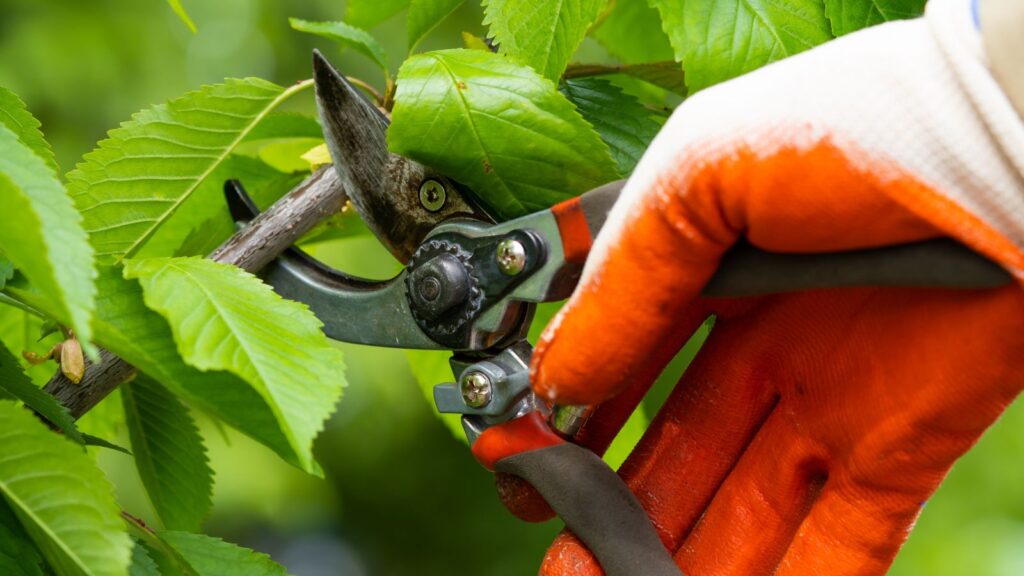Clever people are fond of idioms and phrases that make them look even cleverer. Unfortunately for them, there are quite a few that they manage to get wrong. Here's a look at 23 often misquoted expressions, providing you with the correct way of saying it so you can have a laugh at the expense of that friend who hates to be wrong.
“For All Intents and Purposes”

This phrase is often said as “for all intensive purposes,” but the correct pronunciation means “in every practical sense.” It originates from English law dating back to the 1500s, used to clarify the meaning of statutes.
“I Could Care Less”

“I could care less” is one of the most misused phrases in everyday language. What people actually mean is, “I couldn’t care less.” The correct version is saying you care so little that your level of care could not decrease any further. The wrong one means you actually do care.
“One and the Same”

Sometimes said as “one in the same,” this phrase’s intended meaning is that two things are basically the same. The wrong version doesn’t really make any sense at all.
“You've Got Another Think Coming”

Mistakenly said as “you've got another thing coming,” the correct idiom ends with “think,” suggesting that if someone disagrees, they should reconsider their opinion. This is one idiom that the majority of people use wrongly, and they would be surprised to know that ‘thing’ isn’t the right word. Even Former President Obama got it wrong.
“Nip it in the Bud”

The correct phrase, “nip it in the bud,” refers to stopping a metaphorical issue before it becomes too much of a problem. Saying “nip it in the butt” confuses everything, and if we’re honest, sounds funny.
“Case in Point”

Some mistakenly say “case and point,” but the correct phrase is “case in point.” It’s used to introduce an example that illustrates a statement or supports an argument previously made.
“On Tenterhooks”

Usually said as “on tenderhooks,” the phrase “on tenterhooks” means you are tense and anxious. Tenterhooks were hooks used in making cloth that kept it stretched tightly, hence their association with tension.
“Bated Breath”

Often written as “baited breath,” the correct term, “bated breath,” comes from the verb ‘abate,’ meaning to stop or lessen. Waiting with bated breath means to hold your breath in suspense. Waiting with baited breath, on the other hand, well, we’re not sure. Perhaps you’re trying to catch an animal.
“Statute of Limitations”

Sometimes referred to as a “statue of limitations,” this legal term, “statute of limitations,” designates the maximum period you can wait before filing a lawsuit, depending on the case type. Statue really doesn’t make any sense in this context.
“Toe the Line”

Confused as “tow the line,” “toe the line” comes from track races where athletes place their toes along a starting line. As an idiom, it means to conform to accepted standards.
“Scot-Free”

Usually mispronounced as “scotch-free,” the phrase “scot-free” has nothing to do with Scottish people or the drink but comes from the Old English word “scot.” This was a type of tax, so getting away with something scot-free means you’ve not had to face any penalties or consequences.
“Sleight of Hand”

The correct phrase, “sleight of hand,” involves quick finger movements by a magician or sometimes a thief. It's not “slight,” which means something small or minor.
“Deep-Seated”

Often heard as “deep-seeded,” the phrase “deep-seated” describes something established at a deep level. You’ll hear it in relation to cultural or political beliefs. This one can be forgiven because even the wrong version has similar connotations.
“Whet Your Appetite”

The correct idiom is “whet your appetite.” ‘Whet’ means to sharpen or stimulate and is used when talking about food and drink. Think of a whetstone used to sharpen a sword if you want to get this one right.
“Piqued My Interest”

“Piqued my interest” is correct and not peaked. “Pique” means to arouse interest or curiosity, but this is another one which can be forgiven because when spoken, there is no difference in pronunciation.
“Shoo-In”

Often misspelled as “shoe-in,” “shoo-in” is used to describe a sure winner. It comes from the practice of shooing a horse gently toward a direction in racing.
“Moot Point”

Some say “mute point,” the correct phrase is “moot point,” which refers to an issue open for debate but no longer relevant or affecting the current situation. The pronunciation is similar, but it’s an example of a subtle difference that can make you look foolish.
“Jibe With”

Commonly said as “jive with,” the correct term “jibe” means to agree or be in harmony with. “Jive,” on the other hand, refers to a lively form of dance, so unless you want to dance around the room, it’s better to get this one right.
“Spitting Image”

Sometimes said as “splitting image,” the correct phrase is “spitting image,” which means someone who is so similar to another, that it's as if they were spat out as a perfect replica. This expression evolved from an earlier form, “spit and image,” which meant someone who is so similar that they appear as though made from the very spit of their parent.
“Damp Squib”

This British term is frequently confused as “damp squid.” The correct expression, “damp squib,” is a situation that is much less impressive than expected. A “squib” is a small explosive, and if it’s damp, it fails to go off properly, which is how the phrase got its meaning.
“Dog-Eat-Dog”

Not “doggy dog,” but “dog-eat-dog.” It’s a phrase used to describe a highly competitive or ruthless environment where people are willing to harm each other to succeed.
“Scapegoat”

The correct phrase is “scapegoat,” but it is not unknown to hear “escapegoat.” It means a person or group made to bear the blame for others or to suffer in their place. It originates from Biblical times, where a goat was symbolically burdened with the sins of the people and sent into the wilderness.
“Hunger Pains”

Usually quoted as “hunger pains,” the correct term is “hunger pangs.” While “pains” might seem logical, as hunger can cause discomfort, “pangs” specifically refer to sudden, sharp feelings of pain, which is more accurate in describing the intense feeling of hunger.
30 Traditional Sayings That Are Now Considered Offensive by Woke Culture

30 Traditional Sayings That Are Now Considered Offensive by Woke Culture
21 Habits Often Associated With Having a Lower Social Status

21 Habits Often Associated With Having a Lower Social Status
25 Social Issues Gen Z are Determined to Cancel

